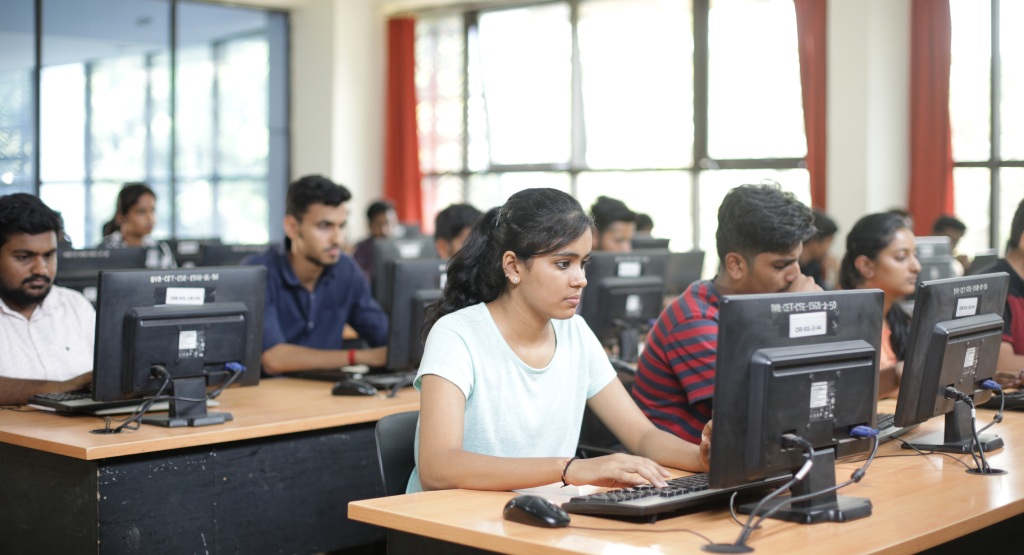The Postgraduate Program in Computer Science and Engineering offers a curriculum based on theoretical foundations and practical applications
Equipping students with a solid foundation of skills and, more importantly, the ability to adapt to the constantly evolving landscape of the computing discipline.

The curriculum includes advanced courses in core areas of computer science and flexible electives to meet your professional goals, including courses in Software Engineering, Big Data, Data Analytics, Artificial intelligence, High-Performance Computing, Cloud Computing, and Information Security.